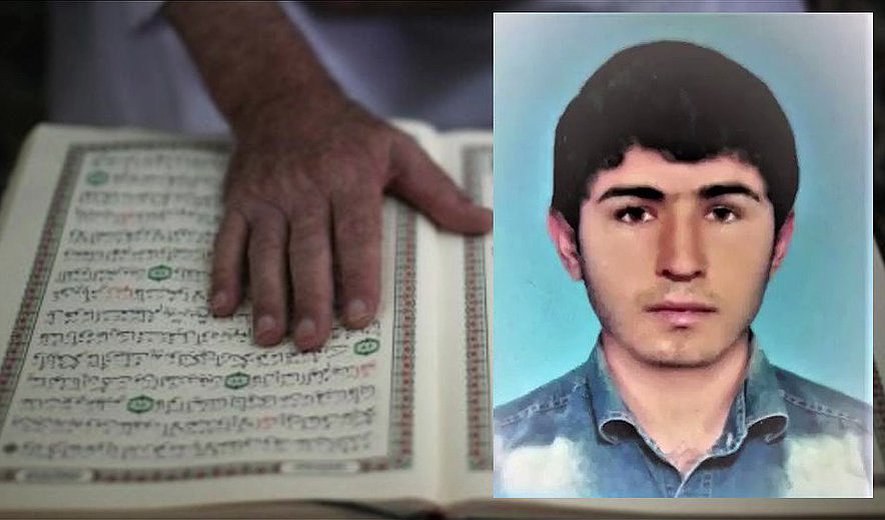Saleh Shariati, Juvenile Offender Sentenced to Death Based on Qassameh Acquitted in Court

Iran Human Rights (IHR); May 23, 2021: Saleh Shariati, a juvenile offender arrested at 16 and sentenced to qisas (retribution-in-kind) based on a qassameh despite witness testimonies of his innocence, has been acquitted after spending eight years on death row.
According to Iran Human Rights, juvenile offender Saleh Shariati who has been on death row for murder in Shiraz Central Prison since being arrested at 16, has been acquitted by Branch 39 of the Supreme Court. In April 2012, Saleh was around 16 years old when he went to help his father on a farm in Bushehr for seasonal work. He was standing by a well when another worker fell into it and died.
Confirming the news, his lawyer Abdolrasoul Jahankhah told IHR: “The Supreme Court found breaches in the case which were rectified and ultimately, Branch 39 of the Court issued the acquittal after investigating the witness testimonies.”
“A 15-year-old child was tortured to confess in a police station in the presence of the “victim’s family. Can the confession of a 15-year-old child under torture be evidence in court? And in a qisas case?” the lawyer had previously told IHR.
Saleh Shariati was not permitted to contact his family at the time of his arrest and was interrogated without the presence of a lawyer. His father said that the injuries caused by the torture were still evident on his son’s body in his first visit and he had lost substantial weight. Saleh himself had stated that he was forced to make self-incriminating confessions.
This is despite three eyewitnesses testifying that the worker had fallen in the well while washing his hair.
Qassameh is based on swearing an oath on the Quran by 50 people in “premeditated murder” cases and 25 people in “quasi-premeditated murder” cases and is performed when the judge decides that there is not enough evidence proving guilt of a crime, but the judge still thinks that the defendant is most probably guilty. It should be noted that the people who swear in qassameh ceremonies are not usually direct witnesses to the crime.
Iran is one of the few countries in the world that still carries out the death penalty for juvenile offenders. The International Covenant on Civil and Political Rights and the Convention on the Rights of the Child, which the Islamic Republic is a signatory to, prohibit the issuance and implementation of the death penalty for crimes committed by an individual below 18 years of age.
Yet, according to data collected by IHR and international human rights organisations, the Islamic Republic is responsible for more than 70% of all executions of juvenile offenders in the last 30 years. IHR’s statistics also show that at least 63 juvenile offenders have been executed in Iran over the past 10 years, with at least four executed in 2020.

